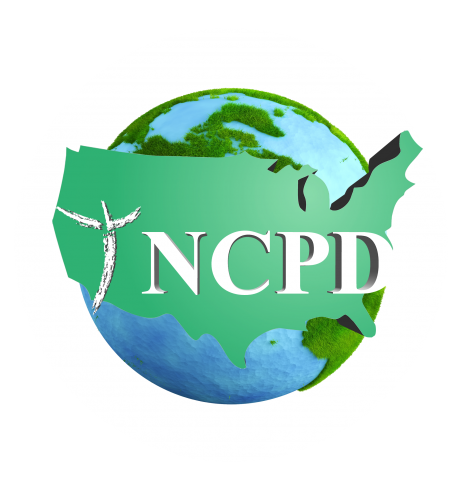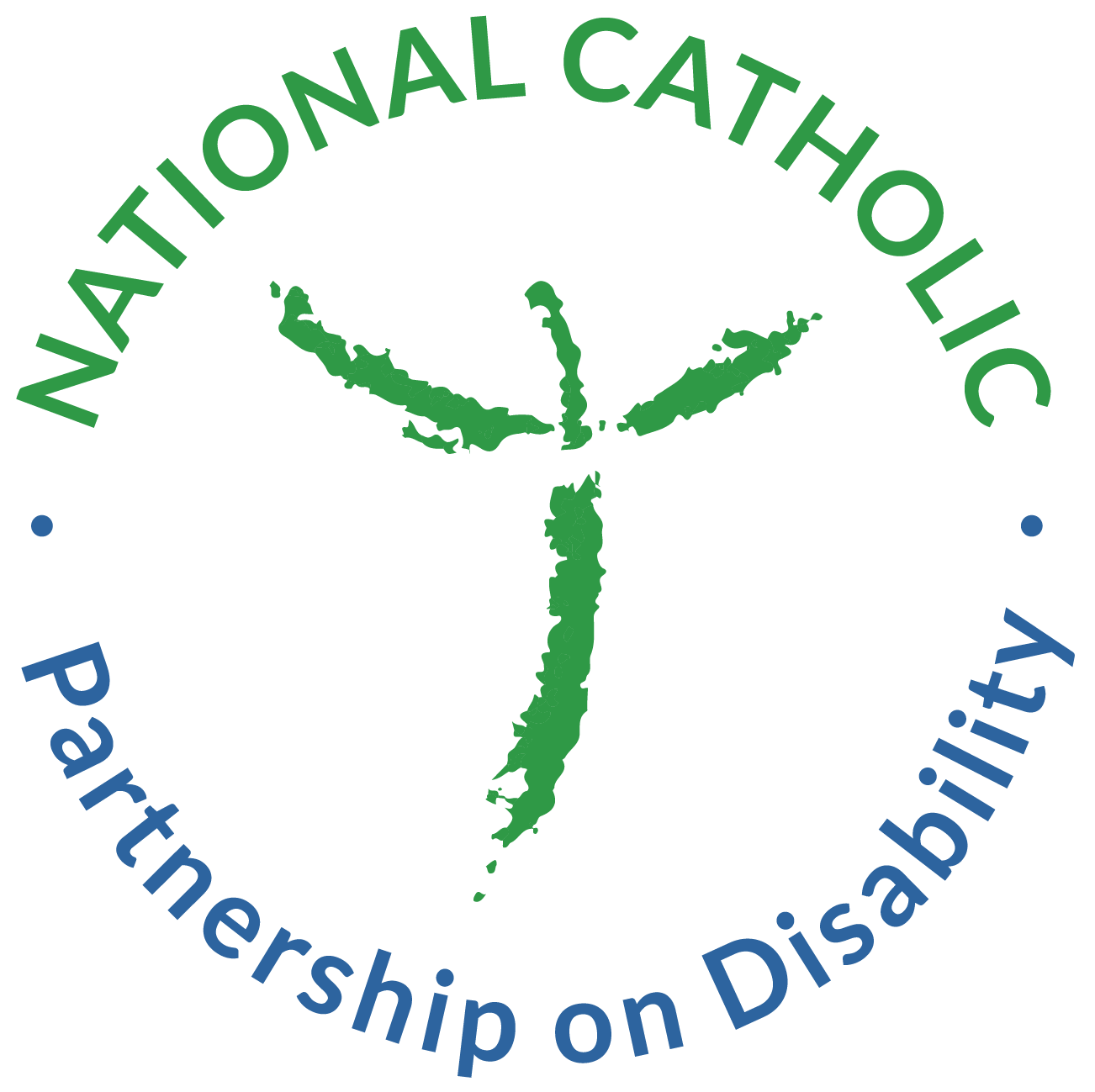
The Christian faithful are those who, inasmuch as they have been incorporated in Christ through baptism, have been constituted as the people of God.[1] By reason of their baptism, all Catholics are equal in dignity and have the same divine calling.[2] Catholics with disabilities, like all Catholics, are incorporated in the Body of Christ as integral members. They, like any other member, belong to the faith community.
The U.S. Bishops note: “All persons with disabilities have the capacity to proclaim the Gospel and to be living witnesses to its truth within the community of faith and offer valuable gifts. Their involvement enriches every aspect of Church life....They [persons with disabilities] are not just the recipients of catechesis – they are also its agents.” [3]
The Church teaches that the rights of persons with disabilities need to be promoted with effective and appropriate measures[4] to assist them in carrying out their baptismal commitments. The goal of the National Catholic Partnership on Disability (NCPD) is the full inclusion of people with disabilities in the Church and in society. NCPD offers to leadership within the Church and to all the faithful this interpretation of inclusion to promote the full participation of persons with disabilities within the Body of Christ, the Church, given that they are already integral members by virtue of their baptism.
Inclusion calls us to provide access and integration into the sacramental, formational, educational, pastoral, ministerial and communal life of the Church, offering accommodations when needed to enable the person with a disability to achieve the fullest measure of personal participation. “Each of us is willed, each of us is loved, each of us is necessary.”[5] Inclusive communities celebrate the diversity of gifts and support the needs of all members.
Examples of current inclusion practices include, but are not limited to:
- Persons who use wheelchairs are able to access parish facilities, including the altar, with ease.
- Those who are deaf attend Mass with an American Sign Language interpreter; and those who are blind or partially sighted are provided Braille, large print, and/or audio description to fully participate in the Liturgy or use their gifts as a member of the choir or planning group.
- Adults with intellectual/developmental disabilities, mental illness or physical disabilities participate in the Rite of Christian Initiation for Adults and other adult faith formation programs with the needed accommodations.
- All the parish children with a variety of learning needs are formed in their faith with a range of supports within the Parish Religious Education program adapted to their needs.
- Children with intellectual/developmental disabilities, learning disabilities, physical or sensory disabilities are accommodated within parish and regional Catholic Schools.
- People with disabilities use their gifts in service to the parish within parish ministries, planning committees, and in other leadership roles.
- Persons with disabilities participate actively in celebrations of the Mass and the Sacraments. Those unable to be present in the assembly are included through parish outreach.
To achieve its goal of advocating for such inclusive practices, the Board of Directors of the National Catholic Partnership on Disability reaffirms their commitments articulated in the following Board Statements:
- Provision of Catechetical and Academic Instruction to Catholics with Disabilities
- Spiritual Development and Participation of Persons with Disabilities
- Guidelines for the Admission of Service Animals to Church Facilities, Programs and Activities
- Defending and Celebrating the Culture of Life
- Captioning
- Audio-Description
Approved, NCPD Board of Directors
September 10, 2015
[1] Code of Canon Law, c. 204, §1, in The Code of Canon Law: Latin-English Edition, Washington, DC: Canon Law Society of America, 1983.
[2] Guidelines for the Celebration of the Sacraments for Persons with Disabilities, Washington, DC: United States Conference of Catholic Bishops, 1995, [1].
[3] National Directory for Catechesis, Washington, DC: United States Conference of Catholic Bishops, 2005, [49].
[4] Catholic Church, and John Paul. Encyclical Laborem Exercens: Addressed by the Supreme Pontiff John Paul II to His Venerable Brothers in the Episcopate, to the Priests, to the Religious Families, to the Sons and Daughters of the Church, and to All Men and Women of Good Will on Human Work on the Ninetieth Anniversary of Rerum Novarum. Ottawa: Canadian Conference of Catholic Bishops, 1981, [291].
[5] Pope Benedict, Inauguration Homily, 24 April 2005, [6].

